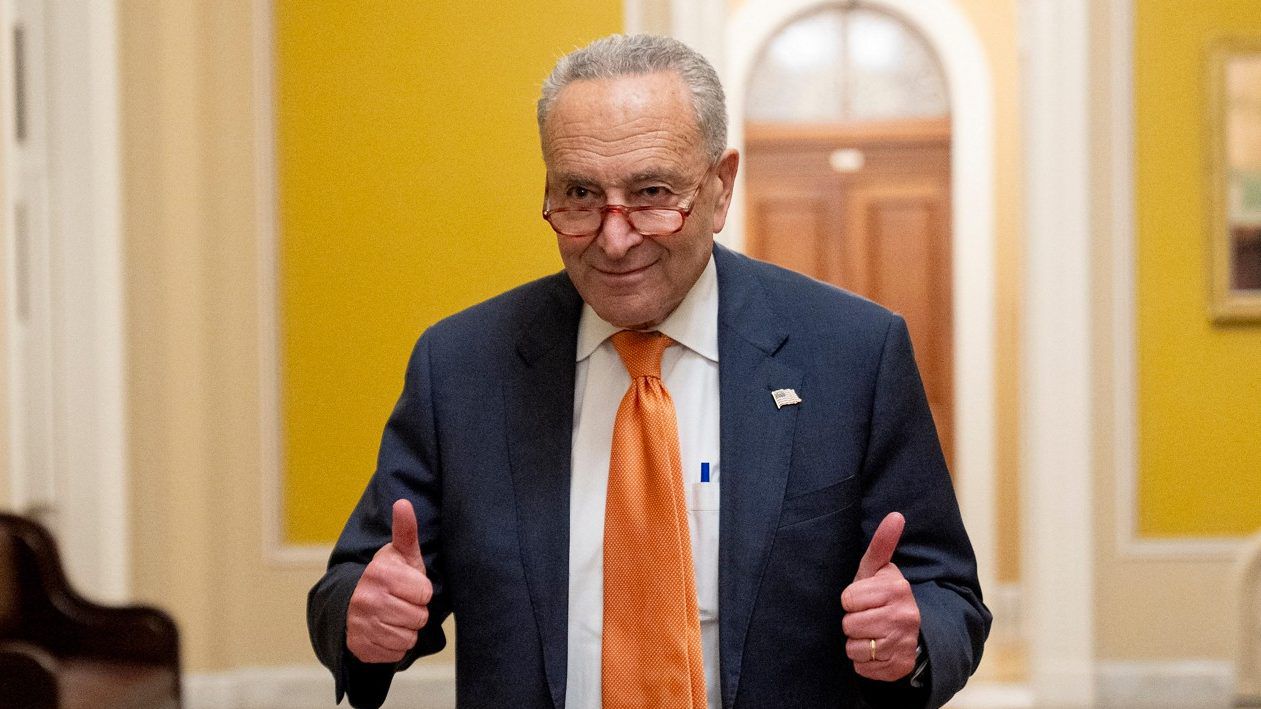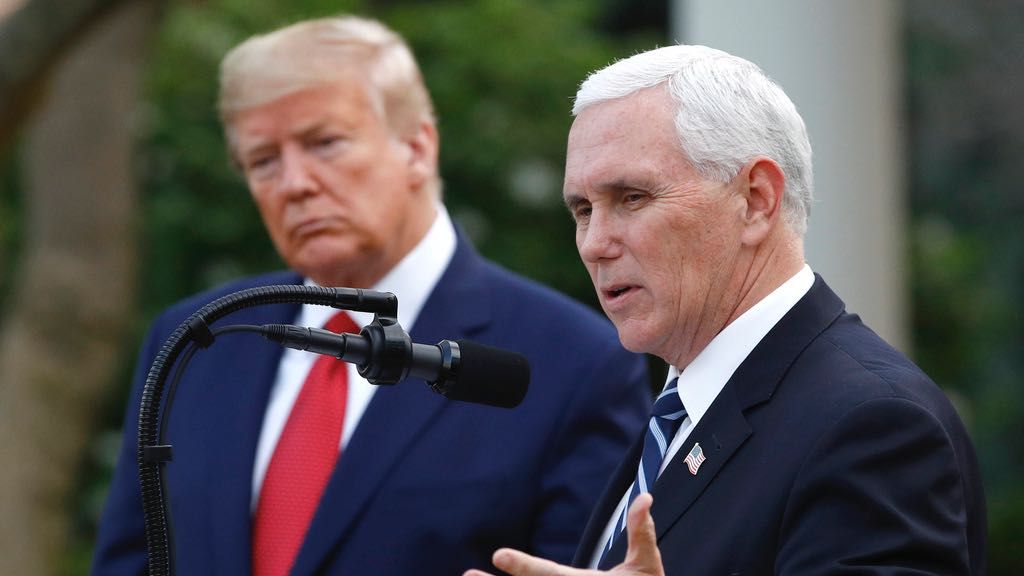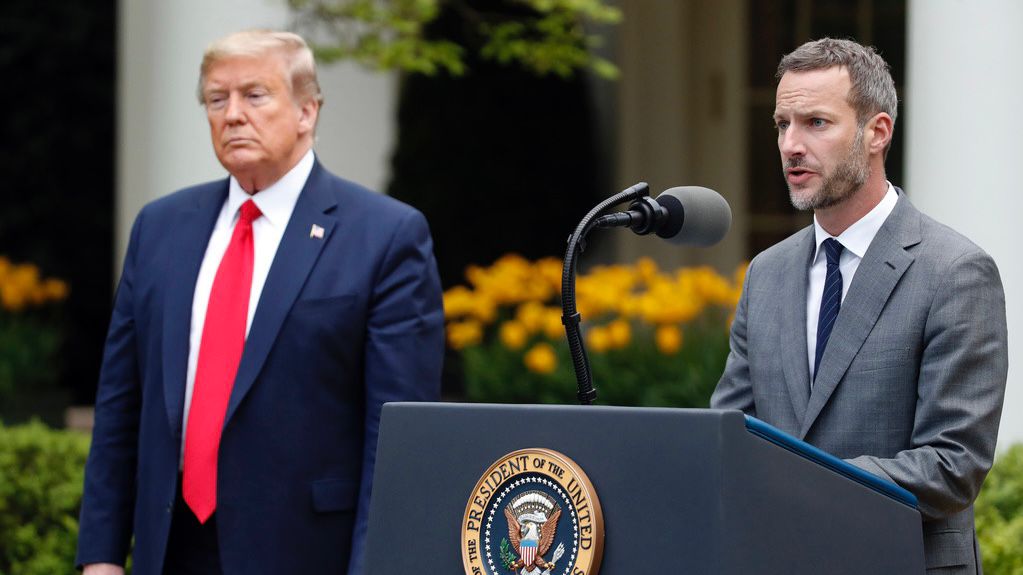The Senate is barreling ahead on Wednesday with a House-passed stopgap funding bill to avert a government shutdown, with Majority Leader Chuck Schumer, D-N.Y., saying a vote is possible “as soon as today.”
Should the Senate act swiftly, they could get the bill to President Joe Biden's desk well before government funding is set to expire on Friday.
The House on Tuesday night voted in bipartisan fashion to pass a two-pronged bill to fund the government, despite considerable opposition from conservative lawmakers. Ninety-three Republicans voted against the bill, while 209 Democrats joined 127 members of the House GOP to send the measure to the Senate. The final vote was 336-95, with two Democrats also voting against the bill.
The proposal, put forth by House Speaker Mike Johnson, R-La., funds some federal agencies through Jan. 19, while others are funded through Feb. 2. It does not include the demands of his GOP conference — namely steep spending cuts and border security proposals — nor does it contain the funding requested by the Biden administration to aid Israel or Ukraine.
Instead, the bill, known as a continuing resolution, or CR, extends government funding at current levels, another major sticking point for hardline conservatives. It would give lawmakers in the House and Senate time to hash out an agreement on a full-year spending bill.
The bill required widespread Democratic support in order to pass in the face of some Republican opposition, a position which ultimately cost Kevin McCarthy his job as House speaker last month.
Speaking on the Senate floor on Wednesday, Schumer said that he will work with Republican leader Mitch McConnell, R-Ky., “to see if we can come to an agreement to accelerate this bill’s passage.”
“If both sides cooperate, there’s no reason we can’t finish this bill even as soon as today,” the New York Democrat said, adding: “No drama, no delay, no government shutdown. That’s our goal, and we hope we have an agreement very soon to avoid a shutdown.”
Schumer said that the bill is “far from perfect” but praised its bonafides — namely that it does not include any spending cuts.
“It was very important that Speaker Johnson recognized that Democratic votes are necessary to pass anything of significance in Congress,” he said.
South Dakota Sen. John Thune, the No. 2 Republican in the Senate, also expressed optimism that a quick vote was possible: “Right now, we're not seeing anything out there that would suggest that we couldn't process this fairly quickly.”
An agreement to speed up the consideration process would require the consent of all present members of the Senate. Kentucky Sen. Rand Paul said that he will push for an amendment to reduce spending levels, but told Punchbowl News on Tuesday that he will agree to a quicker timeline should he get that vote.
Texas Sen. John Cornyn, another member of Senate GOP leadership, told Punchbowl News they are putting the bill on a “fast track” for passage Wednesday with one amendment vote.
Meanwhile, a group of House Republicans on Wednesday revolted against Speaker Johnson, tanking a procedural vote on a Commerce, Justice, Science, and Related Agencies appropriations bill ahead of the Thanksgiving recess — a move that signals trouble ahead as the House GOP majority tries to pass all of its full-year government funding bills. Nineteen Republicans voted with Democrats to tank consideration of the bill.
Pennsylvania Rep. Scott Perry, the chair of the far-right House Freedom Caucus, told Axios that the vote was “a response to our dissatisfaction and our unwillingness to comply and play a part in this failure theater.”
“We support our speaker, we're behind him,” Virginia Rep. Bob Good, a member of the group, told the outlet, adding that they “disagree emphatically” on the handling of the continuing resolution.
The House has struggled recently to pass its full-year spending bills. Last week, House Republicans pulled their financial services spending bill just hours before it was set to come to a vote; they took a similar action that same week on a Transportation, Housing and Urban Development funding measure.
Lawmakers in the Senate, meanwhile, combined three of their fiscal spending bills — Agriculture, Transportation-HUD and Military Construction-VA — into a package known as a “minibus,” which they passed earlier this month. They were also discussing combining the remaining nine appropriations bills into a “maxi-bus” in an effort to speed up the process and get the rest passed.








